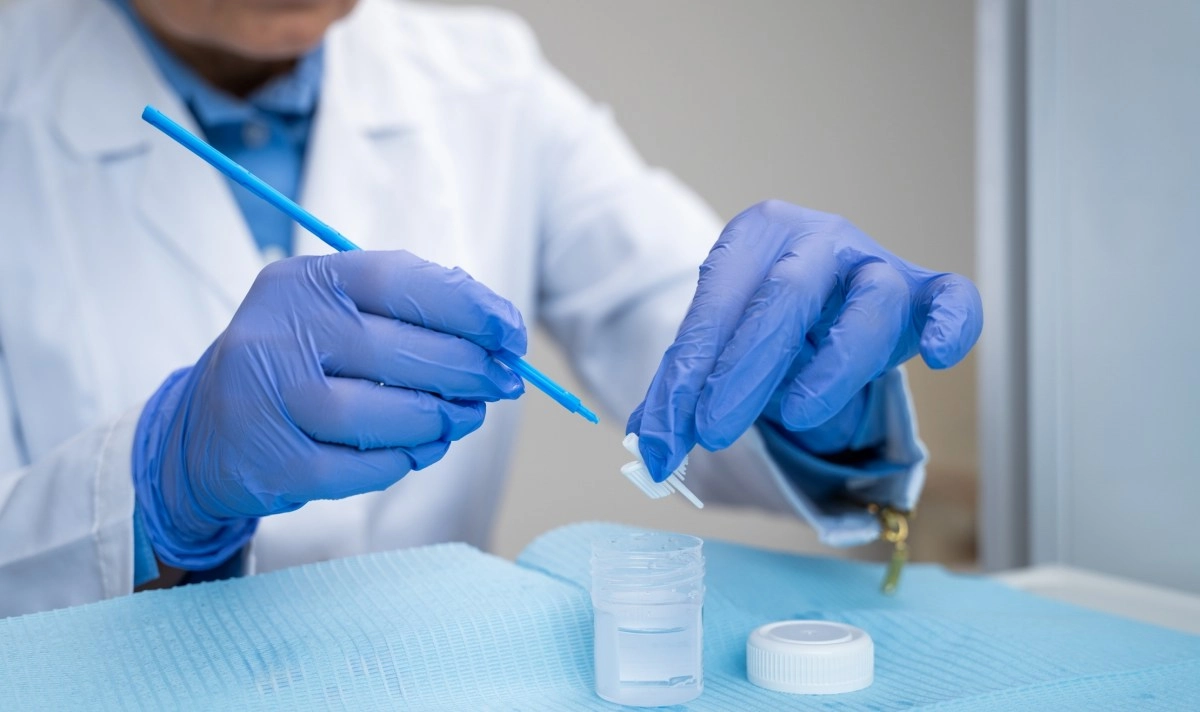Chemical body odors can help detect cancer early
Recent biomedical research suggests that cancer may function as a metabolic disorder

A team of researchers has discovered that volatile organic compounds (VOCs) could be key to the early detection of cancer through non-invasive samples such as urine and feces. This research represents significant potential in the diagnosis of multiple types of cancer simultaneously.
The study was conducted on a total of 30 mice, in which tumors were induced in organs such as the lungs and liver. Advanced chromatography techniques were used to analyze samples collected at regular intervals.
“Early detection of cancer is crucial for improving cure and survival rates. Multi-cancer detection technology enables the simultaneous detection of multiple cancer types, representing a significant advance in cancer diagnostics,” the study authors wrote in the paper.
Noninvasive Method
Volatile organic compounds (VOCs) in metabolomics provide noninvasive methods for early disease detection. However, there is currently no reliable strategy for VOC analysis in the early detection of all cancers, Newsweek reported.
Recent biomedical research suggests that cancer may function as a metabolic disorder, underscoring the importance of multi-omics [an approach to analyzing biological data across multiple domains], particularly metabolomics.
Applied Methodology
For 21 weeks, the researchers collected urine, feces, and odor samples from mice with tumors and healthy mice at six time points.
They used an analytical detection technique called “gas chromatography-headspace solid-phase microextraction-mass spectrometry” (HS-SPME-GC-MS) to perform “untargeted detection and analysis” of VOCs.
Results obtained
The researchers identified three sets of VOCs associated with the tumors. The first tumor signals were detected in the urine at week 5,in the smell at week 13 and in the feces at week 17, indicating progress in early detection methods.
Types of cancer that could be detected by VOCs
The types of cancer that could be detected using volatile organic compounds (VOCs) in urine and feces samples are mainly:
Other cancers, such as breast cancer, are being studied for detection with VOCs, but are not as common in these samples. This methodology takes advantage of the presence of volatile organic compounds emitted by cancer cells or by altered metabolism in the body, detected in body fluids such as urine and feces. For greater accuracy, urine VOCs focus on bladder cancer, and in fecal samples, detection relies on occult blood and genetic testing for colorectal cancer.
Traditional Forms of Cancer Screening
Traditional forms of cancer screening include several methods that have been used for years to identify the presence of tumors or cancer cells.
These traditional forms include:
These traditional techniques, although minimally invasive in some cases, remain the basis for initial cancer detection and diagnosis in current medical practice.
You may also be interested in:
This news has been tken from authentic news syndicates and agencies and only the wordings has been changed keeping the menaing intact. We have not done personal research yet and do not guarantee the complete genuinity and request you to verify from other sources too.











